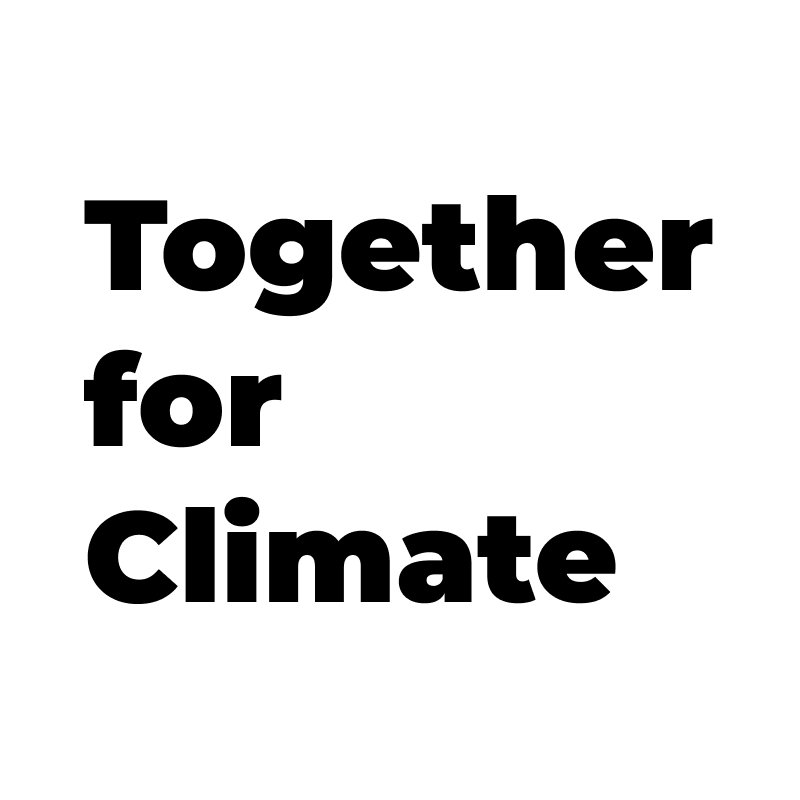Problem
Glaciers are melting, sea levels are rising, cloud forests are dying, and wildlife is scrambling to keep pace. The rapid climate change we are now seeing is caused by humans using oil, gas and coal for their homes, factories and transport. When these fossil fuels burn, they release greenhouse gases - mostly carbon dioxide (CO2). These gases trap the Sun's heat and cause the planet's temperature to rise.
Climate change is already causing a wide range of consequences, including:
Rising sea levels: As global temperatures rise, glaciers and ice caps melt, leading to higher sea levels that can flood coastal areas, causing destruction of property and infrastructure, and forcing people to relocate.
Extreme weather events: Climate change has contributed to an increase in the frequency and intensity of extreme weather events such as hurricanes, cyclones, typhoons, floods, and droughts. These events can cause extensive damage to property, infrastructure, and natural ecosystems, as well as human life and health.
Loss of biodiversity: Climate change has already caused many plant and animal species to shift their ranges or become extinct, and the trend is expected to continue. This can lead to a loss of ecosystem services such as pollination, pest control, and carbon storage.
Agricultural impacts: Changes in temperature and precipitation patterns can affect agricultural yields and food security. Some areas may experience increased crop yields, while others may experience decreased yields or even crop failure due to drought, flooding, or increased pest pressure.
Public health impacts: Climate change can have indirect and direct impacts on public health, including the spread of diseases like dengue fever and malaria, air pollution, heat-related illnesses, and malnutrition.
Economic impacts: The costs of climate change can be significant, including damage to infrastructure, property, and natural resources, as well as lost economic opportunities due to changes in climate patterns.
Overall, the consequences of climate change are significant and wide-ranging, affecting almost every aspect of human life and the natural world. It is crucial to take action to mitigate the impacts of climate change and reduce greenhouse gas emissions to prevent further harm.
Significant changes need to come from governments and businesses, but as scientists say, some changes in our lives can limit our impact on the climate: take fewer flights, live car-free, or use an electric car.

